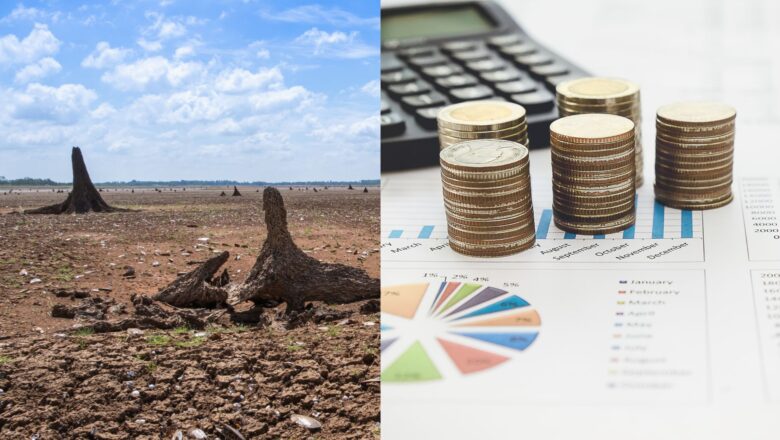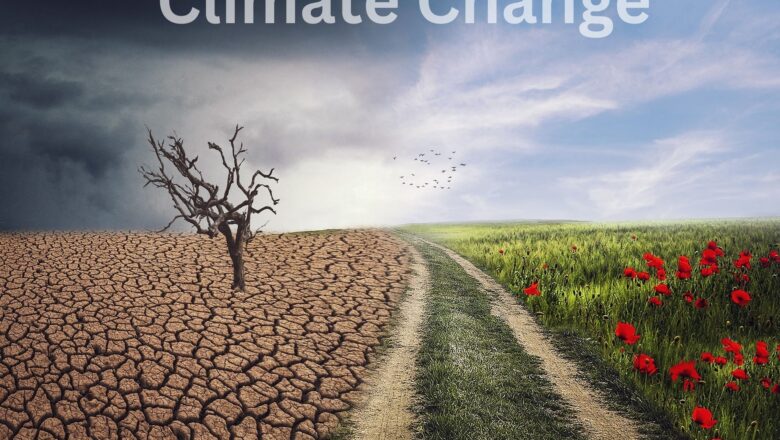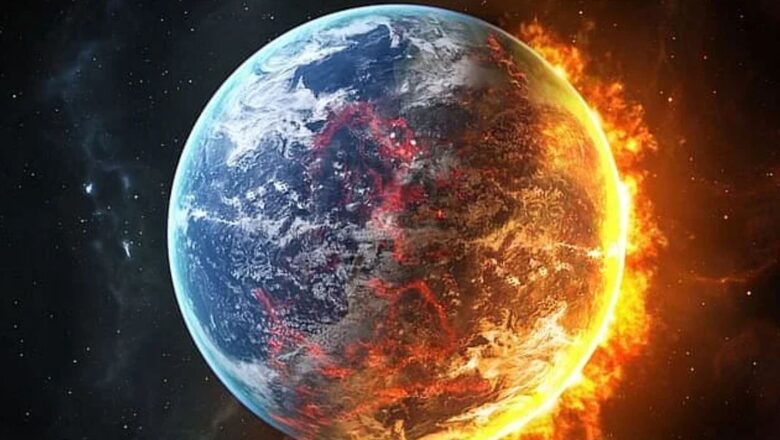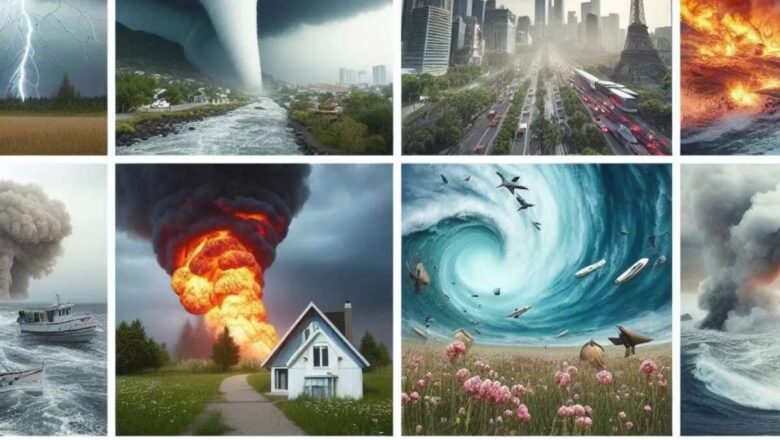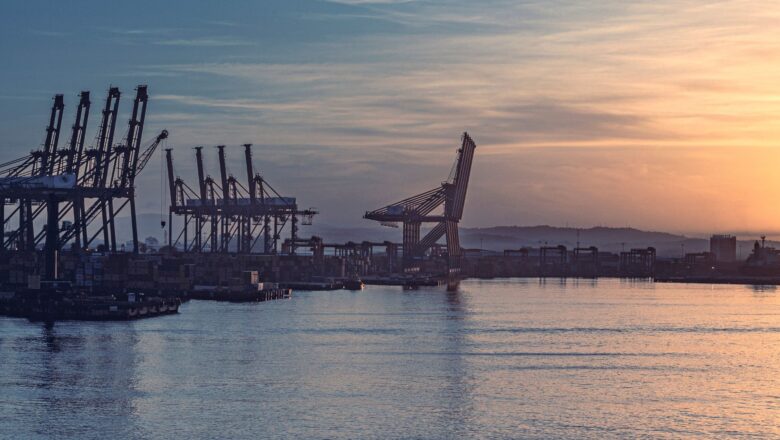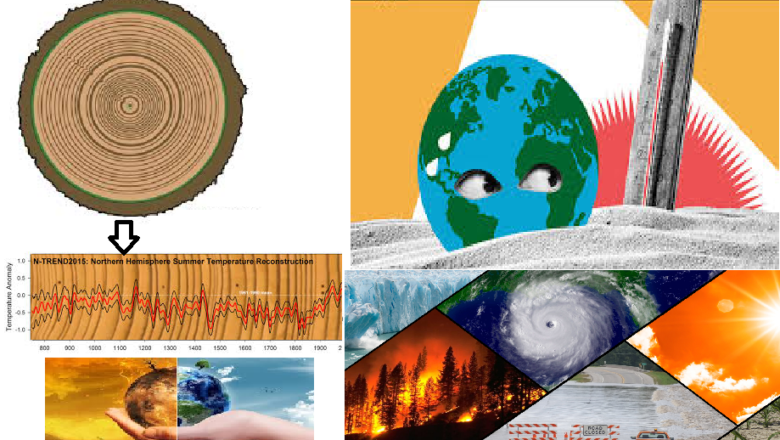
Tree Rings Reveal Climate Change’s Role in Intensifying Drought Across Eurasia
Scientists have long struggled to distinguish natural hydroclimatic variability from human-induced climate change when analyzing shifting drought conditions worldwide. While complex computer models can simulate past climate fluctuations, they often carry biases that affect regional drought estimates. Now, a groundbreaking study using tree rings provides compelling evidence that global warming is driving 21st-century drought patterns across Europe and Asia.
A team of researchers, led by Kate Marvel and colleagues, turned to the Great Eurasian Drought Atlas (GEDA) a vast collection of tree ring records spanning 1,000 years to reconstruct historical drought trends. Because tree rings grow wider in warm, wet years and thinner in dry, cold years, they serve as a natural climate archive, offe...

